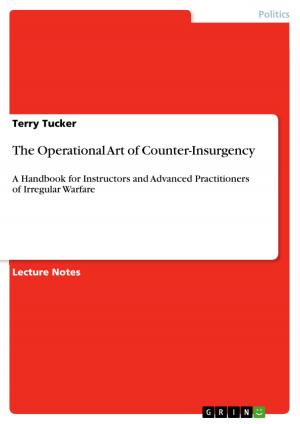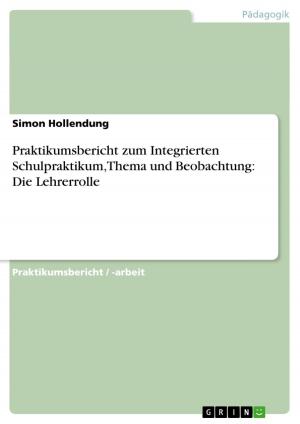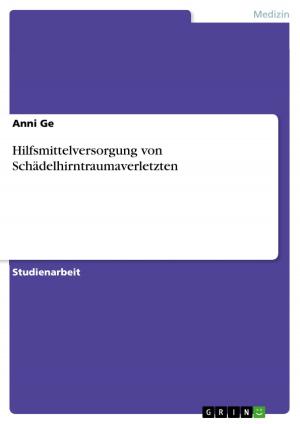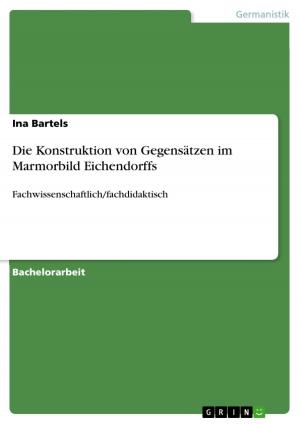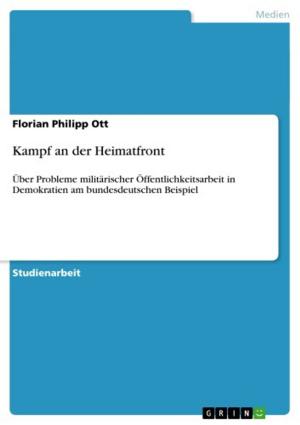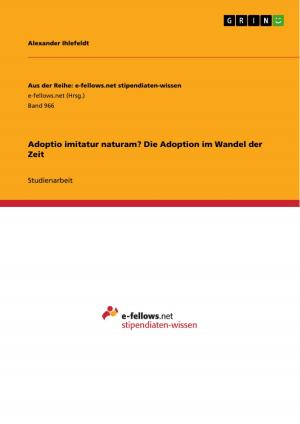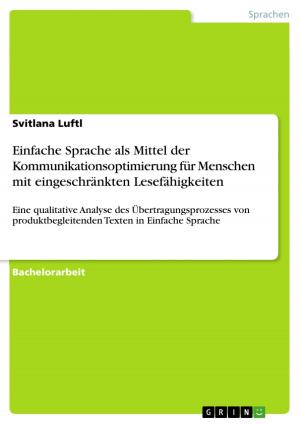Employee performance management practices in Kenya Sugar Board
Business & Finance, Management & Leadership, Management| Author: | Nebert Lugalia | ISBN: | 9783668044463 |
| Publisher: | GRIN Verlag | Publication: | September 11, 2015 |
| Imprint: | GRIN Verlag | Language: | English |
| Author: | Nebert Lugalia |
| ISBN: | 9783668044463 |
| Publisher: | GRIN Verlag |
| Publication: | September 11, 2015 |
| Imprint: | GRIN Verlag |
| Language: | English |
Master's Thesis from the year 2011 in the subject Business economics - Business Management, Corporate Governance, University of Nairobi, course: Master of Business Administration-Human Resource Managent, language: English, abstract: The study sought to establish employee performance management practices in Kenya Sugar Board in Nairobi. Chapter one focused on the importance of performance management, performance management, and employee performance management. Further more an overview of employee performance management practices was outlined. Chapter two outlined an in depth definition of performance management as well as benefits of performance management to an organization. Employee performance management practices such as performance agreements / objectives, reviewing performance, rewards, training and development, employee development, career planning as well as development and career planning were described in detail. Chapter three elaborated research methodology used in this study. Descriptive case study was used to establish employee performance management practices in Kenya Sugar Board in Nairobi. It was used because the research problem required detailed investigation of the Kenya Sugar Board. Primary source of data was used in this study. Three departments were involved in this study namely planning, Agriculture and Human Resource. Data was collected using an interview guide. Data collected was analyzed using content analysis technique. The results of this study revealed that employee performance management practices are used to enhance the performance of individual employees and teams. This ultimately improves the overall organization performance by attaining key strategic goals. Equally, the findings indicated that employees were involved in setting and owning objectives. Additionally, appraisals were done once a year, with training and development being used to address needs assessment. From this study, it was observed that career planning was being used to manage employee expectations. Rewards were used to encourage effort and desired behaviour, although they were mainly monetary.
Master's Thesis from the year 2011 in the subject Business economics - Business Management, Corporate Governance, University of Nairobi, course: Master of Business Administration-Human Resource Managent, language: English, abstract: The study sought to establish employee performance management practices in Kenya Sugar Board in Nairobi. Chapter one focused on the importance of performance management, performance management, and employee performance management. Further more an overview of employee performance management practices was outlined. Chapter two outlined an in depth definition of performance management as well as benefits of performance management to an organization. Employee performance management practices such as performance agreements / objectives, reviewing performance, rewards, training and development, employee development, career planning as well as development and career planning were described in detail. Chapter three elaborated research methodology used in this study. Descriptive case study was used to establish employee performance management practices in Kenya Sugar Board in Nairobi. It was used because the research problem required detailed investigation of the Kenya Sugar Board. Primary source of data was used in this study. Three departments were involved in this study namely planning, Agriculture and Human Resource. Data was collected using an interview guide. Data collected was analyzed using content analysis technique. The results of this study revealed that employee performance management practices are used to enhance the performance of individual employees and teams. This ultimately improves the overall organization performance by attaining key strategic goals. Equally, the findings indicated that employees were involved in setting and owning objectives. Additionally, appraisals were done once a year, with training and development being used to address needs assessment. From this study, it was observed that career planning was being used to manage employee expectations. Rewards were used to encourage effort and desired behaviour, although they were mainly monetary.



